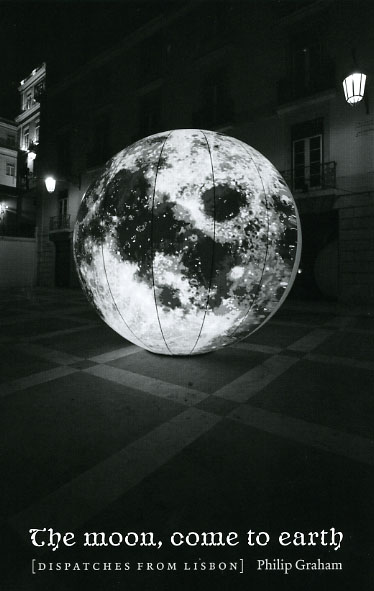On the companionship of books

With all the pessimistic prognostications about the demise of the book, it’s always refreshing and reassuring to read an essay that celebrates the transformative—and transportive—power of reading. Philip Graham, author of the book The Mooon, Come to Earth, offered us just that yesterday on the fantastic literary website The Millions. In “Every Day I Open a Book,” Graham chronicles his evolution—from his first years as a book-adverse elementary school student to his later childhood in which be became a reader so voracious his parents thought perhaps he was unwell. Books, for Graham, became a safe haven—an escape to a fantasy world—when his real world was too much to bear. He writes:
Such books gave me my future, not so much my future as a writer, though of course there is that, but my future as a human, a fallible human engaged in the futile attempt to know oneself and others. Each new book, like Zeno’s arrow, gets closer to but never hits the target. There is no easy or final understanding, but without the attempt, who can bear to live the isolation that is the alternative? And the more I read, the more I think that all readers have secret histories connected to the books they love, the books that have served for them as havens, or interventions.
So every day, I open a book. Its words were once the thoughts of another human being, thoughts that could have remained private but are instead lined up in row after row on each page. An invitation to begin, to take the first steps into another mind, to step and step until there are no steps but instead the blessed drama of art’s illusion delivering the pith of human contradiction, the greatest gift of one mind offering itself to another, the foreign air we best breathe.
Graham’s book, about his year in Lisbon, is a great gift to any reader who wants to inhabit another mind in a different place. A thoughtful, finely wrought celebration of the moment-to-moment excitement of diving deep into another culture and confronting one’s secret selves, The Moon, Come to Earth is literary travel writing of a rare intimacy and immediacy.
Read an excerpt of the book here or visit the author’s website here. If every day you, too, open a book, try this one—through his humorous, self-deprecating, and wistful explorations, we come to know Graham himself and the incredible power of private thoughts “lined up in row after row on each page.”